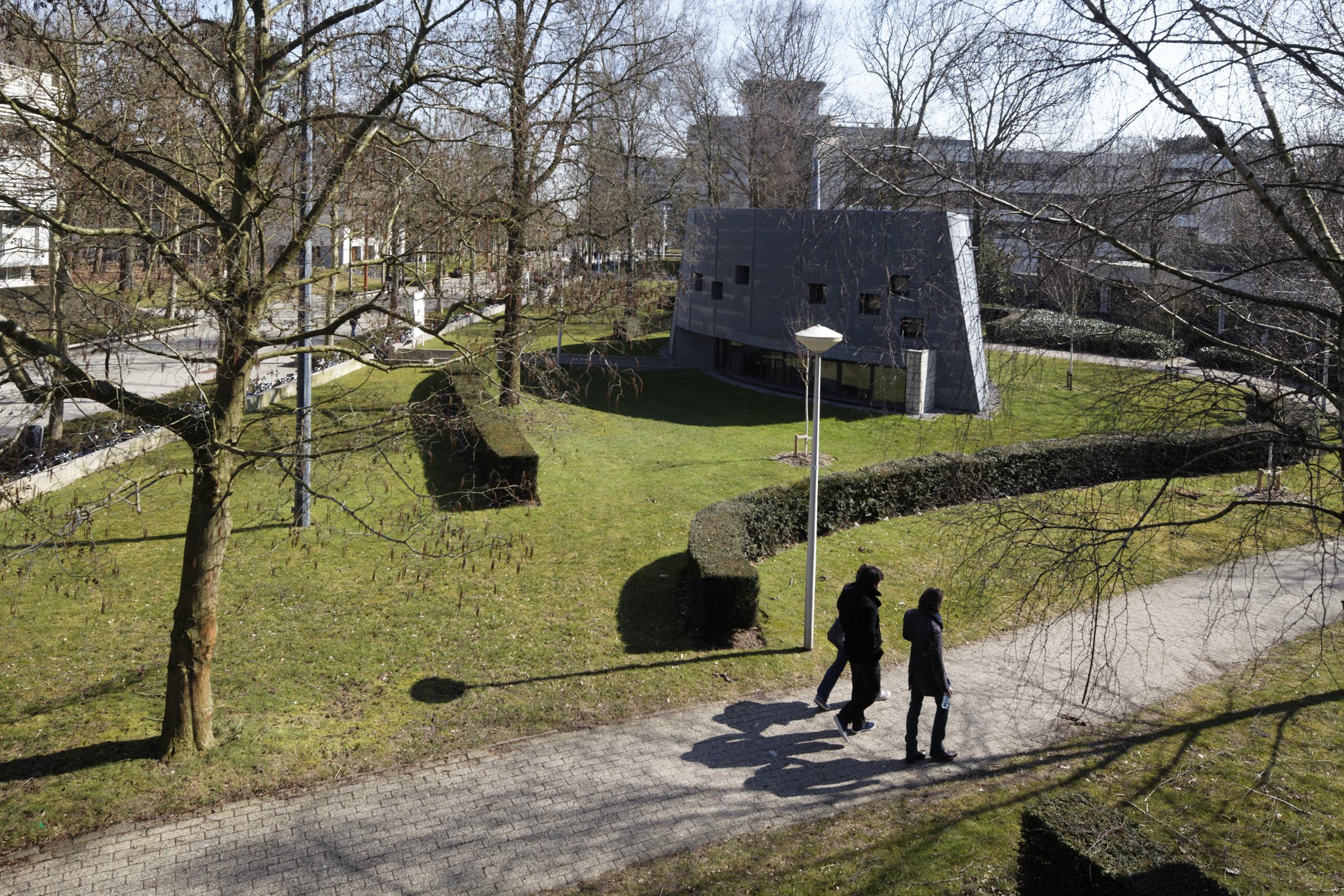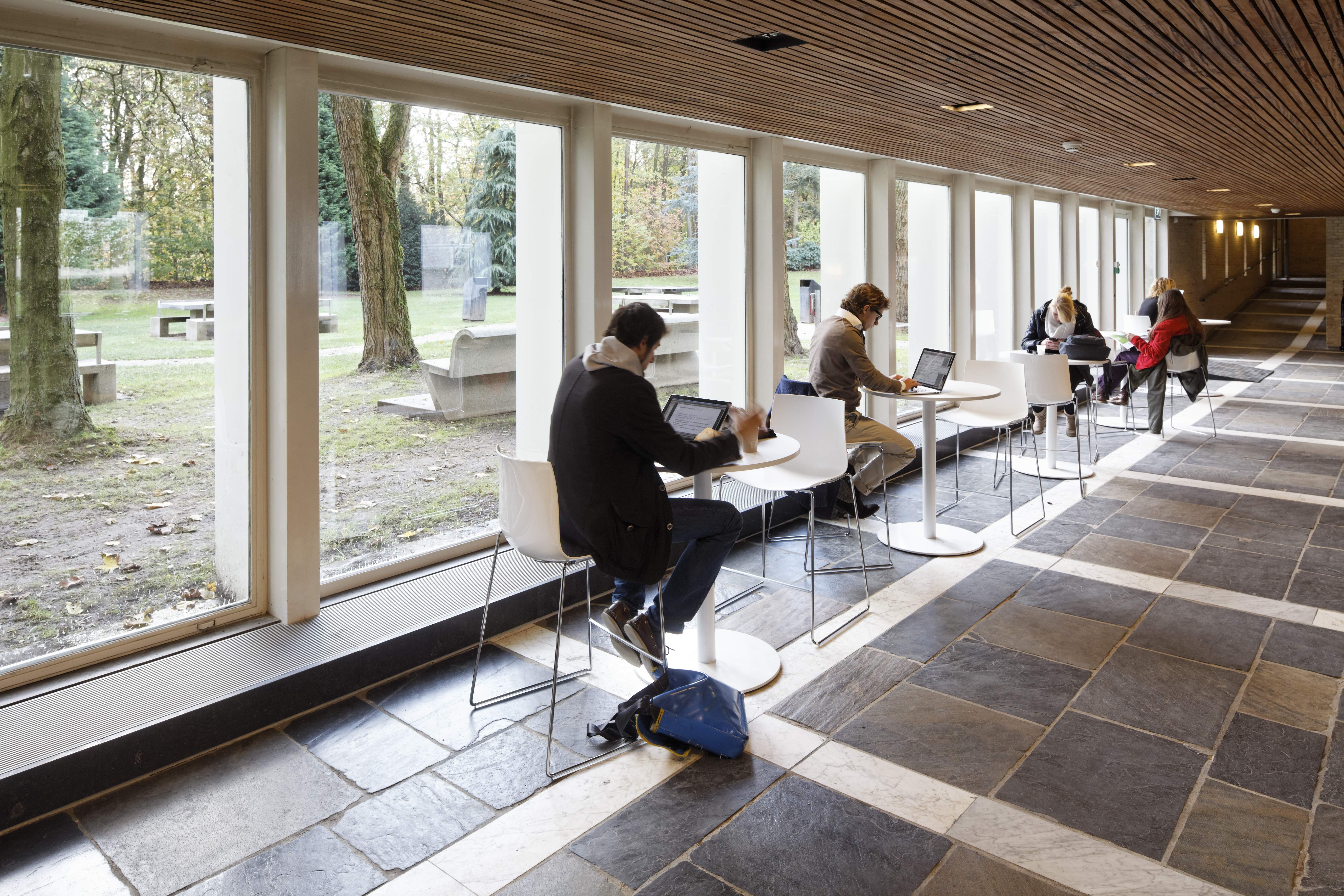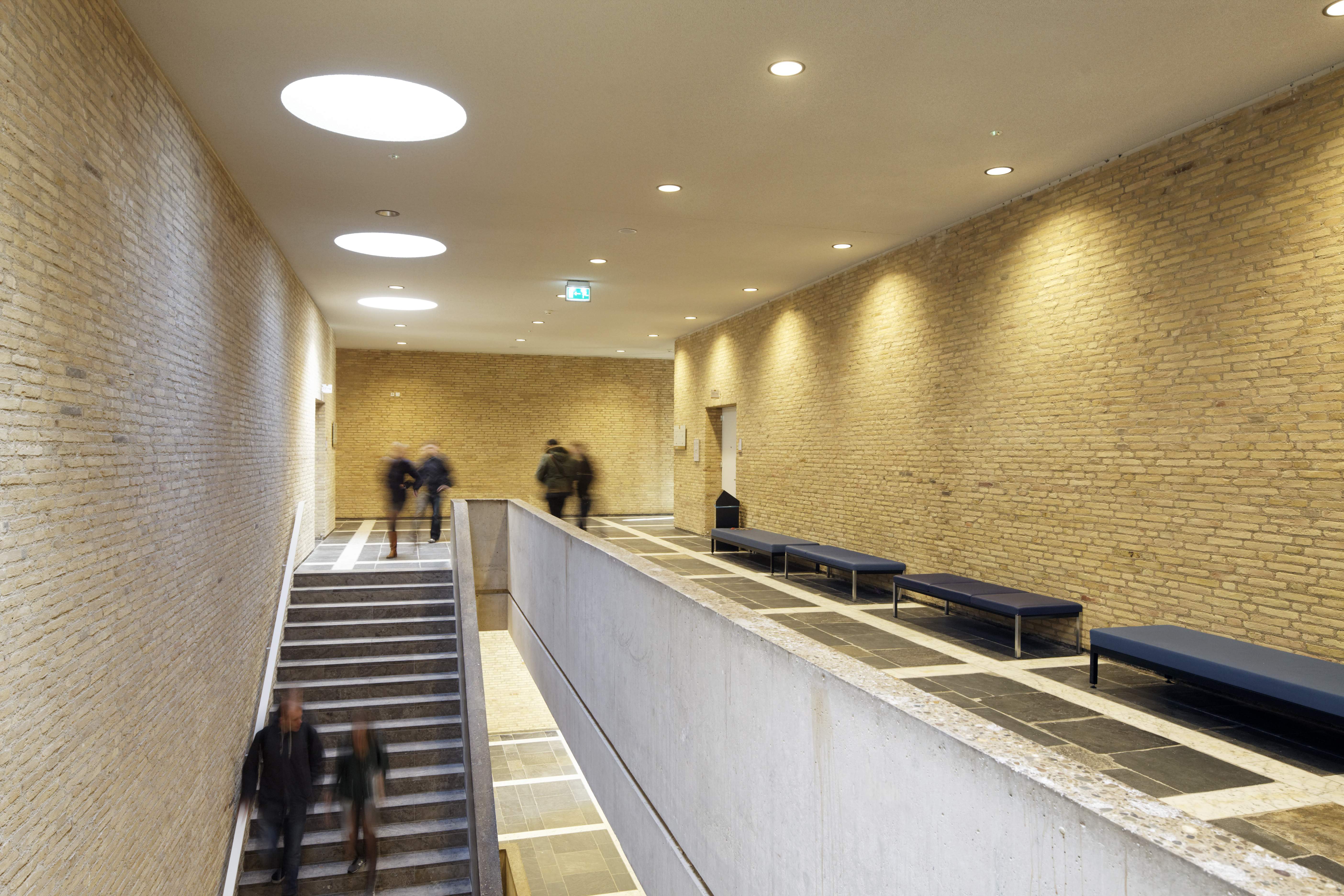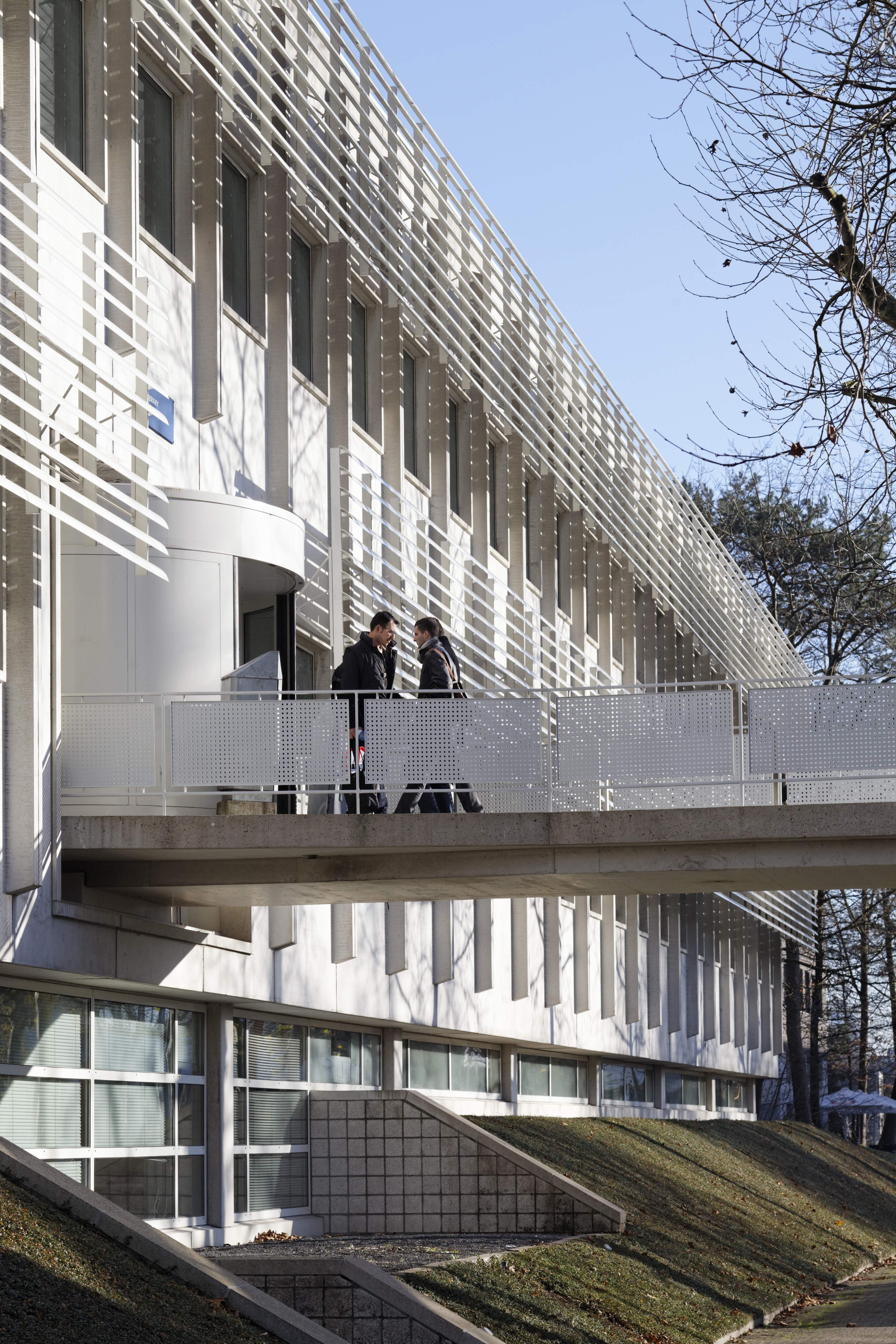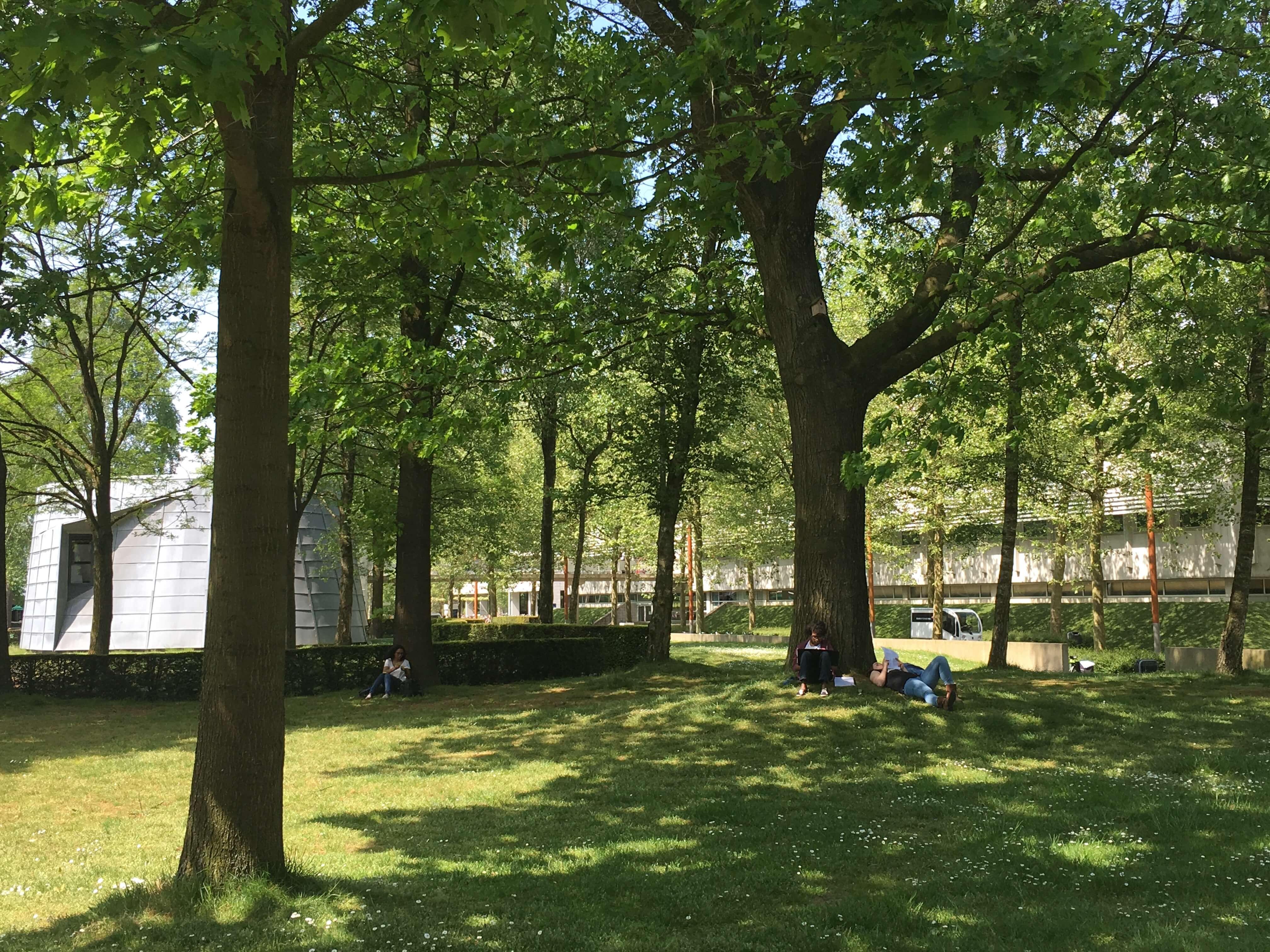Program content
Year 1
Block 1: End of August – October
Biological Correlates of Individual Differences
Identify and explain the relations between mental and bodily processes in the context of individual differences, using important psychological theories on individual differences and the psychological sub-discipline of psychophysiology.
Theoretical Models of Individual Differences
Learn the most important elements of theories about structure and process of individual differences. Learn to use theoretical frameworks to explain the structure, processes, and consequences of individual differences.
Multivariate Analysis, including Multilevel Models
Learn to describe and apply different data collection designs and techniques and translate research questions to testable hypotheses.
Block 2: October – January
Dynamics of Individual Differences
Acquire in-depth knowledge about how and why personality traits and cognitive abilities change across life and how they interact with each other at different stages in life.
Psychometrics: Measurement of Individual Differences
Get familiar with theoretical foundations of different measurement models and learn to apply psychometric methods for construction and evaluation of measurement instruments. Discuss various traditional and modern psychometric approaches.
Multivariate Analysis, including Multilevel Models
Learn to describe and apply different data collection designs and techniques and translate research questions to testable hypotheses.
Block 3: January – March
Programming
Learn how to work with the statistical program and language R. You will learn how to independently work with R in future courses and research projects.
Internal Traineeship I
During the first internal traineeship, you could do conceptual research by conducting a literature review, for example, or you could become familiar with a specific assessment technique and the literature on this technique.
Research Seminar
During the research seminar you get all the skills you need to conduct scientific research. You learn to interpret and communicate scientific results, you'll be introduced to the steps of the research process, the development of research questions and hypotheses, and scientific writing. You put these skills to use by writing your First-year Paper.
First-year Paper
During the First-year Paper course, you identify a research question, review literature, analyze data, and write a concise and coherent research paper. You'll present your paper during the End of Year Conference.
Block 4: March – June
Extended Assessment Methods
Gain knowledge and insight into extended assessment methods, that go beyond the classic research methods.
Internal Traineeship II
You’ll develop an empirical study, which could potentially be executed. The final product is a written essay in the form of a research proposal.
First-year Paper
During the First-year Paper course, you identify a research question, review literature, analyze data, and write a concise and coherent research paper. You'll present your paper during the End of Year Conference.
Year 2
Block 1: August – October
Applied elective course - choose one or two:
Individual Differences and Work and/or
Acquire insights in how individual differences impact important causes, processes and consequences in the applied area of work.
Individual Differences, Personality and Health
Learn how to improve health in individuals with chronic diseases by promoting lifestyle change.
Free elective courses - choose one or two:
any Research Master's course at Tilburg University or elsewhere and/or
Diagnostics in Cognitive Neuropsychology and/or
Learn to perform a complete neuropsychological assessment from a scientist-practitioner perspective.
Treatment Methods in Cognitive Neuropsychology
Learn how to design an intervention plan from a scientist-practitioner perspective.
Internal Traineeship III
Gain expertise in data analysis and writing sections of a manuscript, including the reporting of methods and results.
Block 2: October – January
Structural Equation Modeling and Analysis of Longitudinal Data
Become familiar with a general statistical framework that brings together multiple regression and factor analysis: the Structural Equation Modeling (SEM) framework.
Free elective Course - choose one or two:
any Research Master's course at Tilburg University or elsewhere and/or
Diagnostics in Cognitive Neuropsychology and/or
Learn to perform a complete neuropsychological assessment from a scientist-practitioner perspective.
Treatment Methods in Cognitive Neuropsychology
Learn how to design an intervention plan from a scientist-practitioner perspective.
Ethics and Data Management
Learn the basic principles of scientific integrity and ethics (with emphasis on issues of individual differences research). Apply these principles to your own research design and data.
Block 3: January – March
Internal Traineeship IV
Gain expertise in peer-reviewing research materials. The traineeship involves the peer-review of more than one type of research material.
Elective course(s)
Master's thesis
Block 4: March – June
International Traineeship
You can choose one of three options for your international traineeship: you can attend an international conference or a summer school, or you could conduct research abroad.
Master's thesis
Master’s thesis
In the second year (block 3 and 4) you will write your Master’s thesis (24 ECTS), in English, under the guidance of a knowledgeable staff member who will supervise you during the research and writing process.
You choose your own thesis topic and supervisor.
Your Master's thesis should be written as a manuscript that could be submitted for publication. If your thesis is of high enough quality, you are encouraged to publish it.
You will learn how to conduct all aspects of the research process: creating hypotheses, collecting data, analyzing data, and writing a scientific article.
Prior to writing the thesis, you will write an individual research proposal (IRP) based on an original idea, with the input of your supervisor.
Examples of thesis topics:
Understanding Employability from a Multilevel Perspective: The role of Job Crafting, FTP, and Organizational Climate
Human Single- and Multi-Cell Variability in Response to Image Feature-Richness as a Marker of Effective Memory Encoding
Sample Size Recommendations for Estimating Cross-Sectional Network Models
Risk Profiles of Patients diagnosed with Substance Abuse or Dependence, in Dutch Forensic Psychiatric Centers
Internal and international traineeships
In four internal traineeships you will be embedded in active research groups at Tilburg University and experience what it is like to apply research skills in practice.
In the international traineeship, you will have the opportunity to receive more experience with research in a format you prefer, e.g., attending and presenting at an international conference, attending a summer school or visiting a research lab abroad. Students choose the internal- and international traineeship themselves. The international traineeship is partly funded by the university
Show less 